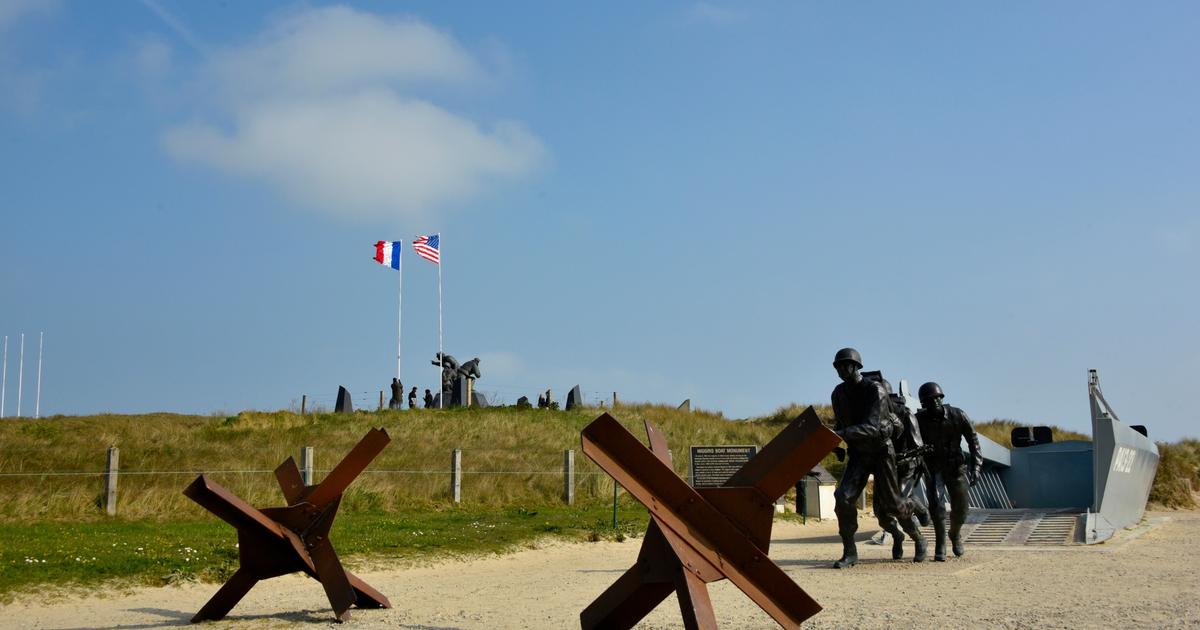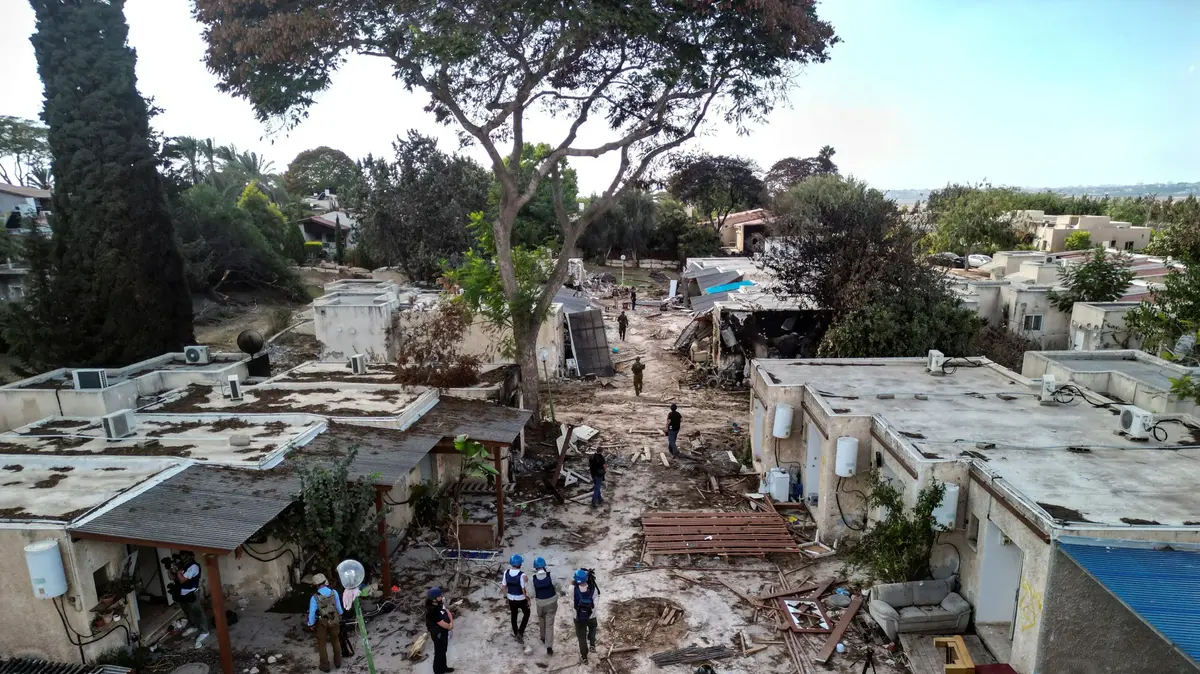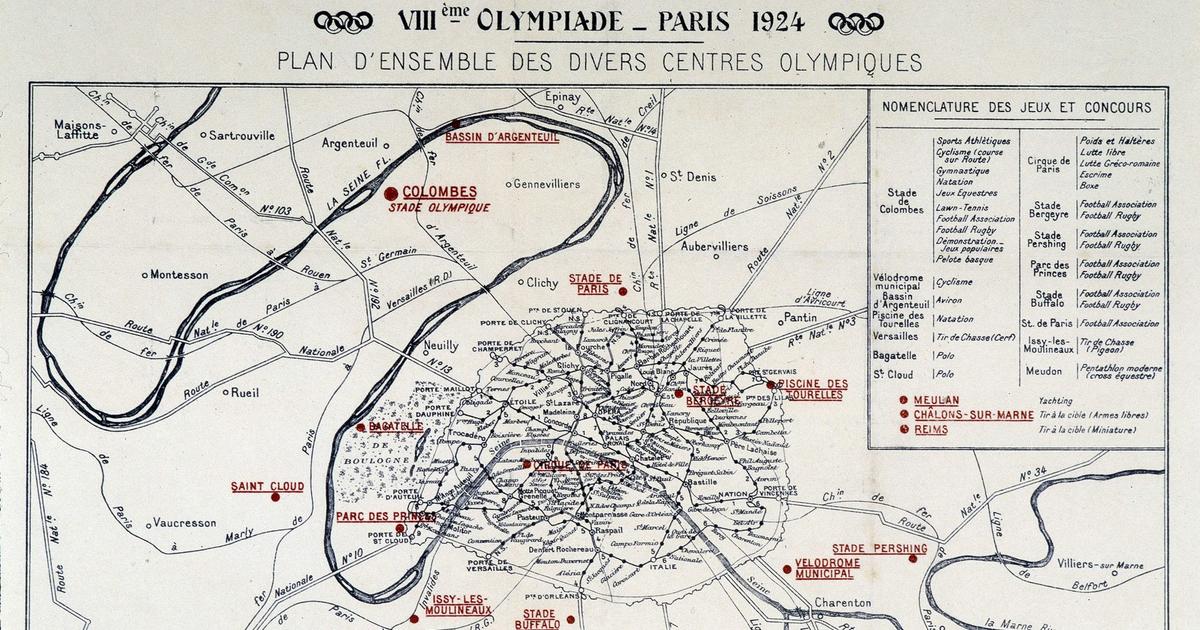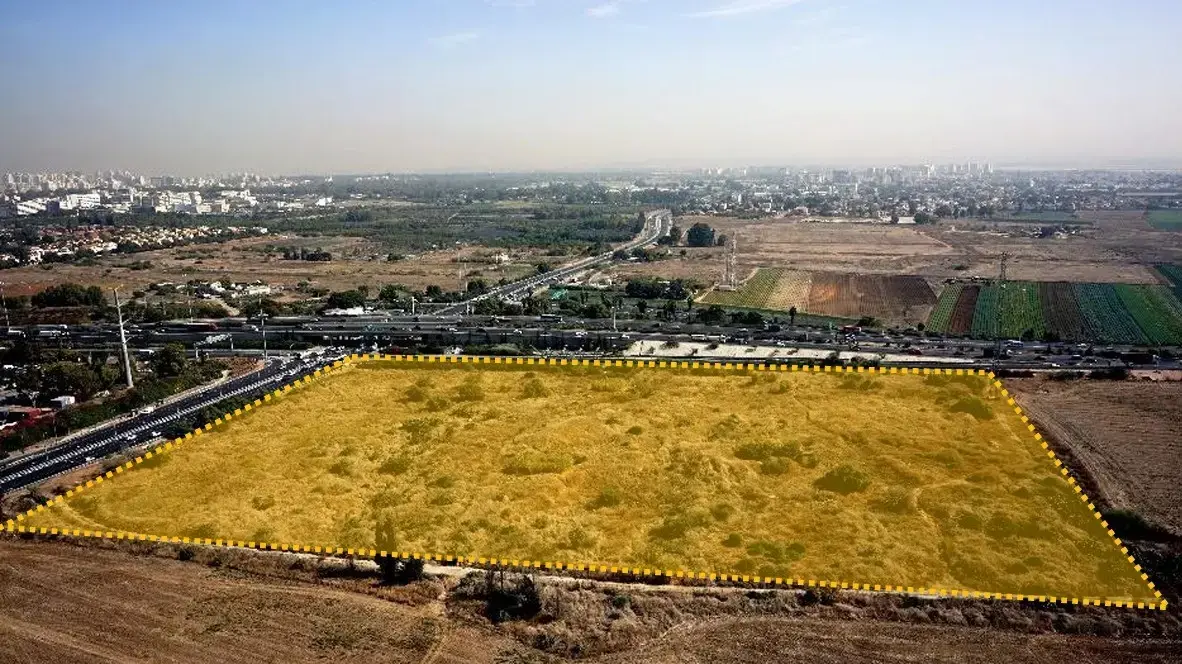A historic decision was officially made in Israel this week, indicating a mutually changing trend between Israel and Saudi Arabia. Interior Minister Aryeh Deri signed a decree allowing two populations in Israel to leave Saudi Arabia without regard to the offense or "visit to an enemy state": Muslims traveling to Mecca for pilgrimage and Israeli businessmen who can now come to Saudi Arabia to develop business relations.
This happens, incidentally or not, during the week when an Israeli journalist, Henrika Zimmerman, comes to Riyadh for a series of meetings with senior government officials, interviewing ministers and senior officials and reports from the Kingdom in prime time - as an Israeli journalist.
It is hard not to tie the two events together, and see both as a near-coordinated sign of the warming of Saudi detainee Mohammed bin Salman and the Israeli government. We are witnessing what is happening above the surface, but it is clear that US-sponsored security policy coordination exists. The Arabs are backing Saudi measures against Iran, even at the cost of the alliance with Israel - and perhaps even with the agreement that "Israel will do the job."
The normalization of Saudi-Israeli relations may help to make Israeli relations with many other Arab countries visible, and not only in the area of secret security and political coordination.
It should be borne in mind that, formally, Saudi Arabia's status as an enemy state was the same as Syria's - states whose visit was a violation of state law. When hundreds of Israeli Arabs came out about a decade ago to visit their relatives in Syria, Israel began to investigate those who traveled to Damascus and prevented anyone intending to leave the borders of Israel. Remember, one of the people who was prosecuted - who even sat behind bars, in part on a visit to an enemy state - was MK Said Nafaa from Balad. Lebanon is also defined by the law as an "enemy state", and Interior Minister Deri has in recent years also banned the visit of Druze clerics who wish to visit holy sites and to take refuge in holy graves in Lebanon and Syria.
Deri's decision was not accepted in most internationally sponsored ceremonies, but it is difficult to overstate its importance and significance. It is already clear that we are about to enter a special era in which relations between Israel and its Saudi ally will become visible, which is a key factor in confronting Iran's radical Shiite regime. This trend, if matured, will encourage Jordan and Egypt to accelerate normalization processes with Israel, resulting in more visible security and commercial coordination than is currently the case - and not just in the natural gas sector that both countries purchase from Israel.
For more opinions of Jalal Bana








